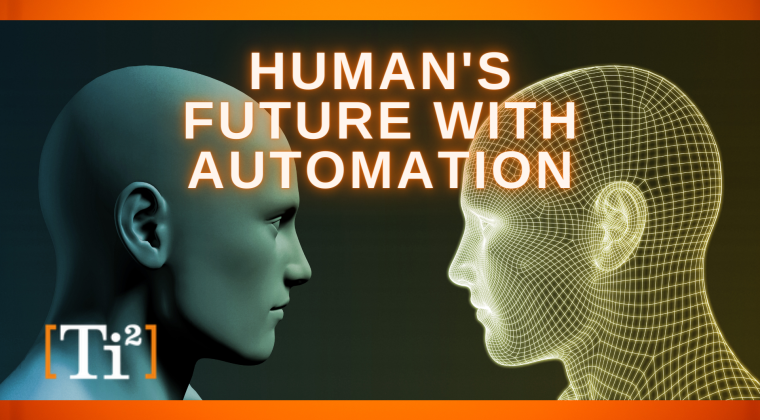Automation now becomes a necessity for manufacturing and other industries to improve efficiencies throughout your business, enhance engagement and increase process-driven outcomes, at a lower cost — transforming and enabling your organisation for exponential opportunity for global competitiveness and giving more countries the ability to produce more locally.
With both automation and also digital technologies certainly spurred on during the pandemic this has kept factories operating. In addition to the benefit to remote access; being able to monitor, control and access off site to resolve operational issues is shortening down time and also, expanding machine life.
Improvements in technology adversely affect wages and employment through the displacement effect, in which robots or other automation complete tasks formerly done by workers. Technology also has more positive productivity effects by making tasks easier and in a lot of cases safer. As we move forwards, jobs of the future will use different skills and may have higher educational requirements and we will learn to adapt and work holistically with automation/ robots and so forth, which will need to be a joint effort with business and the Government.
Automation can’t work alone in a lot of cases, humans are still required to operate such machines. Technical skills and experience are still required in the field. After all, human capabilities are always ahead of what automation and robots can do. It is also worth saying that partial job automation will become more prevalent than total automation to complement human labour rather than replace it. It will help increase efficiency in the spheres that are prone to human error and allow people to concentrate on their core competencies.
Interaction
Automation and robot cannot do the marketing/sales part, this part is always about connecting with people. If you were to lose this, you’d lose the fabric of your business. The knowledge, skill, and expertise of a human will always be a requirement for any company to succeed and to identify needs..
The pandemic shined a light on how much we crave human interaction in our personal and work lives. People will still be needed in all areas of business, but automation will create rapid change. As a result, the skill that will be in the highest demand is emotional intelligence. It won’t only be a leadership trait; employees at all levels will need to learn how to develop and leverage their EQ

Unaffected Industries
There are still industries that are not affected by automation like politics, healthcare, law enforcement, academics. These industries are still irreplaceable by automation for it requires intelligence and decision-making capabilities. Our edge, as a human, compared with this automation and robotics, is our heart that can empathize, understand and relate to our kind and come up with ideas that will help each other.
Ti2, together with our trusted partners, is committed to making your life easier with our products and services. We support automation and offer products that suit your needs. We are here to provide you engineering and automation solutions.
To learn more about what we do, please click projects, products & services.
Please click here to email us your enquiry, we would like to hear from you.



